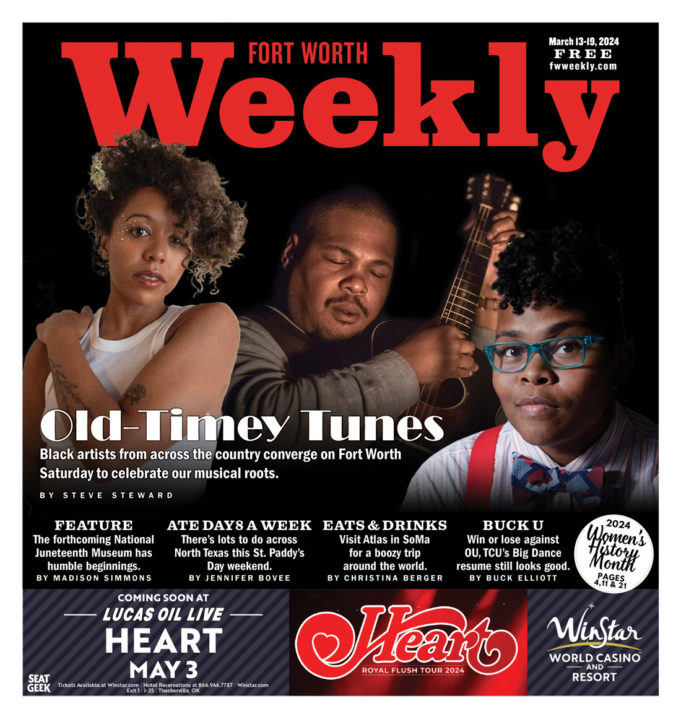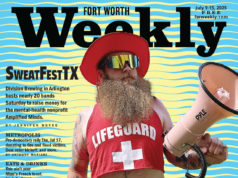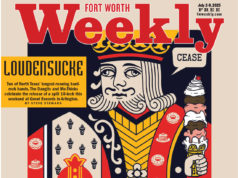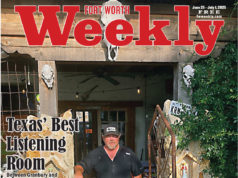I didn’t know what the New Orleans Jazz & Heritage Festival was until I heard about it in 2014, and I was confused as to what was jazzy about it, because the lineup included Foster the People and Arcade Fire, both of which make probably the least jazzy music I could possibly imagine. This year, “Jazz Fest”’s Biggest Font notables — listed beneath the Rolling Stones, whose font, oddly, is the same as the Biggest Fonts beneath — include The Killers and HOZIER. I bring this up because on Saturday, Southside Preservation Hall will host the fourth annual Fort Worth African American Roots Music Festival, an event that puts the spotlight on the building blocks of American popular music with a lineup of Black artists. FWAAMFest showcases what Jazz Fest intended to before the arrival of Vampire Weekend, Greta Van Fleet, et al.
Instead of that noise, FWAAMFest celebrates old-timey music — early blues and jazz, bluegrass, and folk — performed by contemporary Black artists.
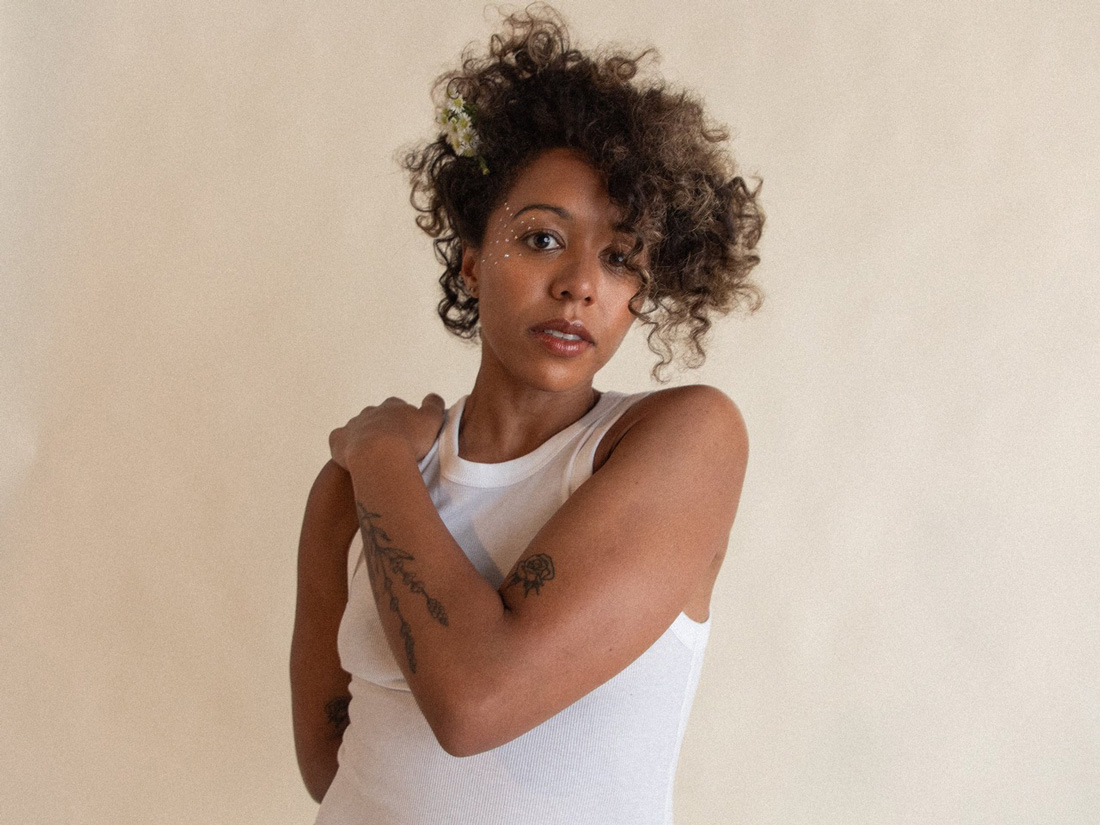
Cole Nielsen
Produced by Decolonizing the Music Room, a nonprofit that works to center Black, Brown, Indigenous, and Asian voices in music education and related fields, the all-ages FWAAMFest is the only major city festival in the nation focusing on African-American roots music.
“Black musicians have been there since the beginning of this music, yet there is little to no representation in the large music festivals that cater to these genres,” said Brandi Waller-Pace, founder and executive director of Decolonizing the Music Room. “We aim to change that.”
Waller-Pace is a musician, educator, and “scholar-activist,” a singer and multi-instrumentalist (banjo, bass, guitar, piano, and ukulele), and a veteran teacher in both Fort Worth and Lake Worth school districts. She has a master’s in jazz studies from Howard University, and she is about halfway through the music education Ph.D. program at UNT. These professional backgrounds — onstage and in the classroom — drove her in 2019 to launch an educational website that would eventually become the nonprofit Decolonizing the Music Room in 2020.
“I’m a nerd on research and training,” Waller-Pace said. “I was teaching, training, doing research, doing racial equity work with FWISD, and I started playing old-timey music in my early 30s. Those things began to converge. Through my core knowledge as a Black person in the southern United States who has a degree in jazz studies … I saw that a lot of white-washed stories made their way into American music curriculum. It got to a point where I was starting to write and share out, and a couple people suggested it might be time to put all of this in one place. And that’s how the website was born.”
Decolonizing the Music Room provides training and free educational content to music educators, endeavoring to create community programming for people of all ages to build an equitable future for music education and performance across multiple underrepresented communities. Waller-Pace wanted to hold a festival highlighting Black artists working in traditional, early-20th-century roots music traditions, as well. Due to the lockdown, the inaugural event was virtual. The concert on Saturday will be its third in-person iteration.
Her inspiration for the festival came from experiencing similar events around the country. “Part of the main mission is to introduce the Fort Worth music scene to this” music.
One gathering up north included a discussion “about inclusion rather than creating its own spaces. Both need to exist, but I am more a space-creation person. … I was like, ‘I can do that in Fort Worth.’ ”
She laughed. “And, somewhat selfishly, a lot of these artists I want to see would have to come play here.”
FWAAMFest’s 2024 lineup highlights old-timey Black roots music, but many of the artists see their sounds through contemporary lenses. The headliner is Lizzie No, a New York singer-songwriter working in the Americana genre, as well as multi-instrumentalist Jerron “Blind Boy” Paxton, who draws from pre-WWII African-American roots traditions like ragtime and blues. FWAAMFest also includes Grammy-nominated bluesman Jontavious Willis; New York Blues Hall of Famers and roots music scholars the Piedmont Blüz Duo; up-and-coming intersectional folk singer-songwriter Crys Matthews; New Orleans-born-and-bred composer Joy Clark; Dallas-based EJ Mathews, whose “backwoods funk” and “swamp blues” are the sound of growing up in Georgia and Texas; globetrotting West African-influenced guitarist Corey Harris; New Orleans-by-way-of-Athens, Georgia, “folk rock diva” Lilli Lewis; roots musician and former The Voice contestant Stephanie Ann Lewis; and the traditionalist duo Spice Cake Blues.
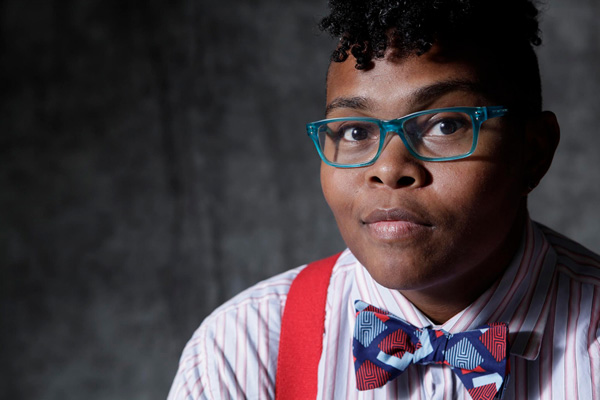
Jeff Fasano
While all these artists are influenced by the rhythmic and melodic hallmarks of Black roots music traditions, their respective takes on country, folk, blues, and jazz are as unique as they are compelling. For casual listeners who have never done a deep dive into the forebears of their favorite musics — specifically hip-hop, jazz, pop, rap, and rock — these songwriters might not be household names, but in the world of roots music traditionalism, they are some of the biggest artists out there. Rolling Stone called Lizzie No’s 2019 single “Narcissus” a “crisp alt-rock gem,” and Lilli Lewis’ 2021 album Americana was a favorite among the critics at R.S., NPR, and OffBeat Magazine. The Piedmont Blüz Duo and Corey Harris have played all over the world, and Taj Mahal is a big fan of Jontavious Willis. In other words, the FWAAMFest is pretty stacked.
“Each year,” Waller-Pace said, “there are some blow-your-mind people that just don’t get enough recognition in general. It’s a reclamation of our own culture. There’s so much more to recreationists, and there are people who have engaged with this music and are innovating in new ways. … This is an opportunity to spread the true history of where we come from, and these artists are working their asses off for what is core historical knowledge.”
Like every nonprofit, Decolonizing the Music Room depends on donations and fundraising.
“The fundraising and financial support is always so crucial,” she said. “There is such a disparity in resources of independent giving and grants for Black-led organizations and other organizations that center minorities, and it takes all of us working together to bridge that gap.”
And as a musician and former teacher, she knows what it’s like to make a living playing music — besides funding the logistics of Decolonizing the Music Room and FWAAMFest, she stresses the importance of paying people what they’re worth.
“We don’t want to exploit our artists and educators,” she said.
To bolster its fundraising, Decolonizing the Music Room sells merch via DecolonizingtheMusicRoom.com, where you can also find educational resources about opening up music education to people of all colors and identities as well as information about the BBIA Music Education Symposium this October, a “three-day conference for Black, Brown, Indigenous, and Asian people in music education and related fields to connect through community, learn collaboratively, make music, and imagine a just future.”
In its aim to provide a space for Black artists to perform traditionally Black music, FWAAMFest offers Fort Worth culture lovers the opportunity to hear old-timey sounds performed by incredibly talented artists today. Their muses come from the lived experiences that make roots music — the heritage behind just about every popular song from the past 150 years or — so sublimely powerful and wonderful. Jazz Fest is still pretty cool, but when it comes to Black roots music, FWAAMFest is where it’s at.
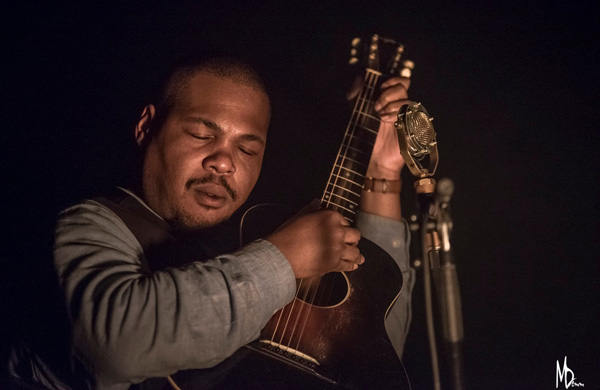
Marie d’Emm
Fort Worth African American Roots Music Festival
Noon-10pm Sat at Southside Preservation Hall, 1519 Lipscomb St, FW. $20-50. 817-926-2800.



